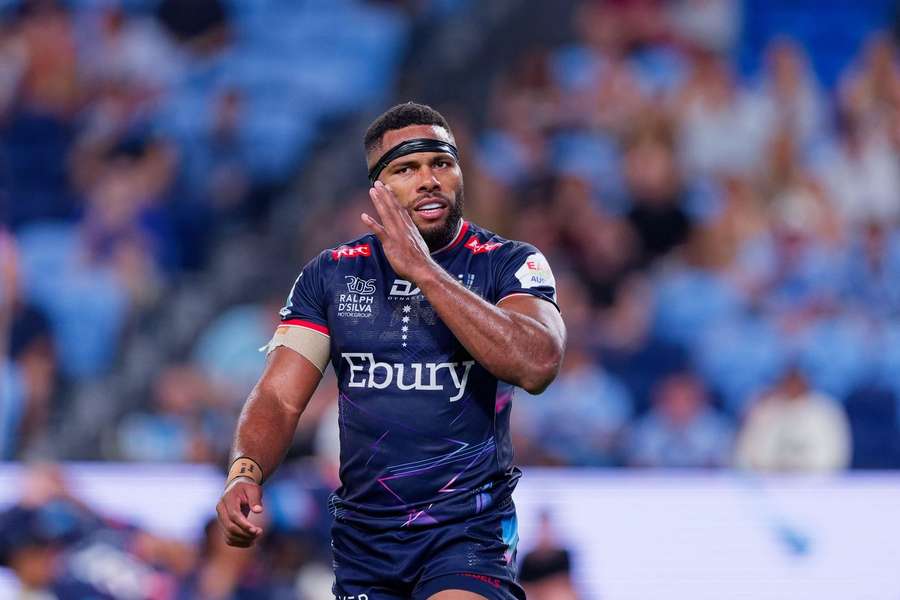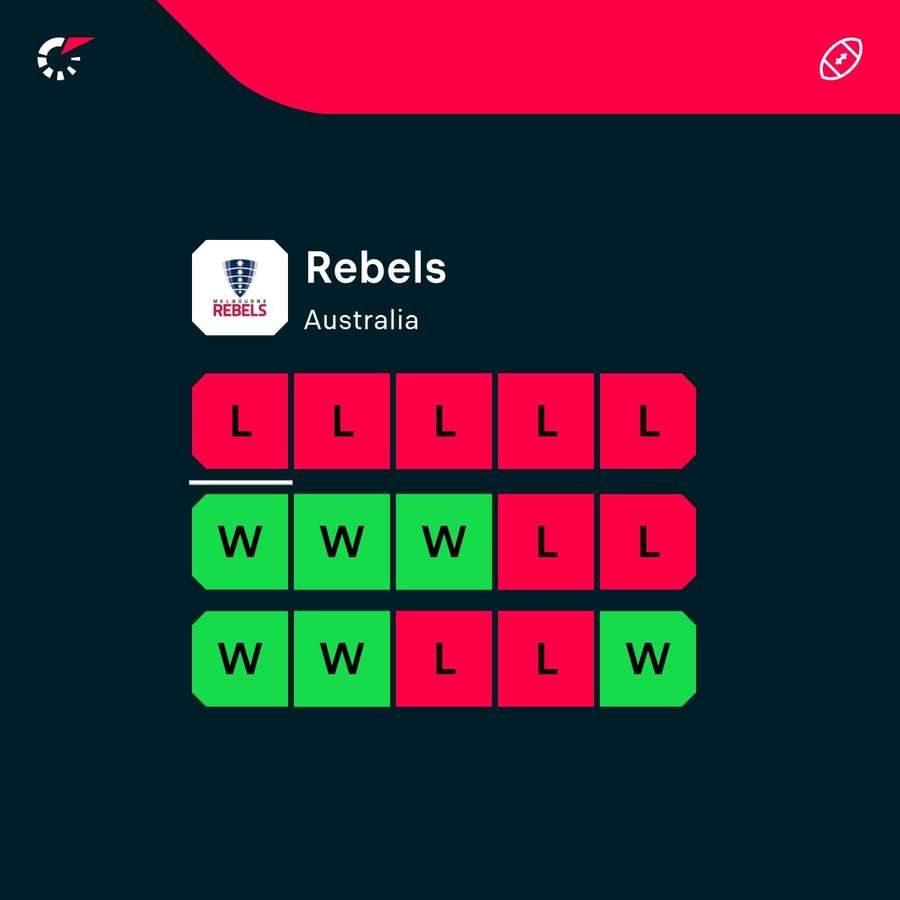Melbourne Rebels laid to rest as rugby union continues to retreat in Australia

On Thursday, those ambitions were laid to rest as governing body Rugby Australia (RA) rejected a consortium's plan to save the chronically indebted club.
The fans who have stuck with the side through 14 success-starved seasons have little chance of bidding farewell to the players in Melbourne, even as they prepare for their first playoffs in Super Rugby Pacific.
With their last regular season game away against Fijian Drua on Saturday, the Rebels would need to win their away quarter-final and hope other results go their way for them to return home to Melbourne Rectangular Stadium.
Having already stumped up more than A$6 million to prop up the Rebels this year, on top of the tens of millions of dollars across their participation in Super Rugby, RA may be relieved not to have to foot the bill for a home game.
The stadium's operators are part of a conga line of unsecured creditors burned by the club, including the Australian Taxation Office, which is claiming more than A$11 million.
The creditors had agreed to the consortium's rescue deal despite the possibility of recovering only 15 cents on the dollar.
RA, however, decided enough was enough.
"We have limited resources, limited finances," RA CEO Phil Waugh told reporters on Thursday. "We have to live within our means."
Loyalties spread thin
Australia will again revert to four Super Rugby teams, the same number it was left with when Western Force were cut from the competition after 2017 over cost concerns.
Force's expulsion saved the Rebels from the axe then but with the Perth team back in Super Rugby and backed by a mining billionaire, there were no other heads for the chopping block.
RA's commitment to the Rebels over the Force in 2017 came with the support of the Victoria state government, which was eager to secure lucrative Wallabies tests in Melbourne.
But the government declined to commit any extra funding that might have saved the Rebels this time round, RA confirmed.

Force's expulsion caused a backlash in Perth with thousands of angry fans rallying at a demonstration but it remains to be seen whether the Rebels' demise will inflame similar passions in Melbourne.
Australia's most populous city is home to more than a dozen professional sporting outfits, including nine Australian Rules football clubs and three soccer teams.
The economics for startup clubs are brutal, with loyalties spread thin across the market.
Australian Rules football grounds are ubiquitous across the city but rectangular pitches with rugby posts are a rarity, and the community game is weak.
The Melbourne Storm, co-tenants of the Rectangular Stadium with the Rebels, brought professional rugby league to the city in the 1990s and have fought hard for their foothold.
However, the Storm have earned their place with startling on-field success, winning four National Rugby League championships.
The Rebels reached one playoff in a domestic tournament in 2020 and none in a full competition of Super Rugby until this year.
Five coaches, including current boss Kevin Foote, tried to build winning teams with rosters dominated by players developed in more rugby-friendly states. None managed a positive win-loss ratio.
Australia's remaining Super Rugby teams stand to benefit from the Rebels' extinction, scooping up the best players to boost their rosters and perhaps improve their competitiveness against New Zealand's dominant sides.
RA, which took out an A$80 million loan from a private lender last year, may be glad not to throw more good money after bad amid financial issues at other Super Rugby clubs.
Yet the loss of the Rebels leaves rugby union without a presence in a major sporting market and little hope of building another in the near future.
